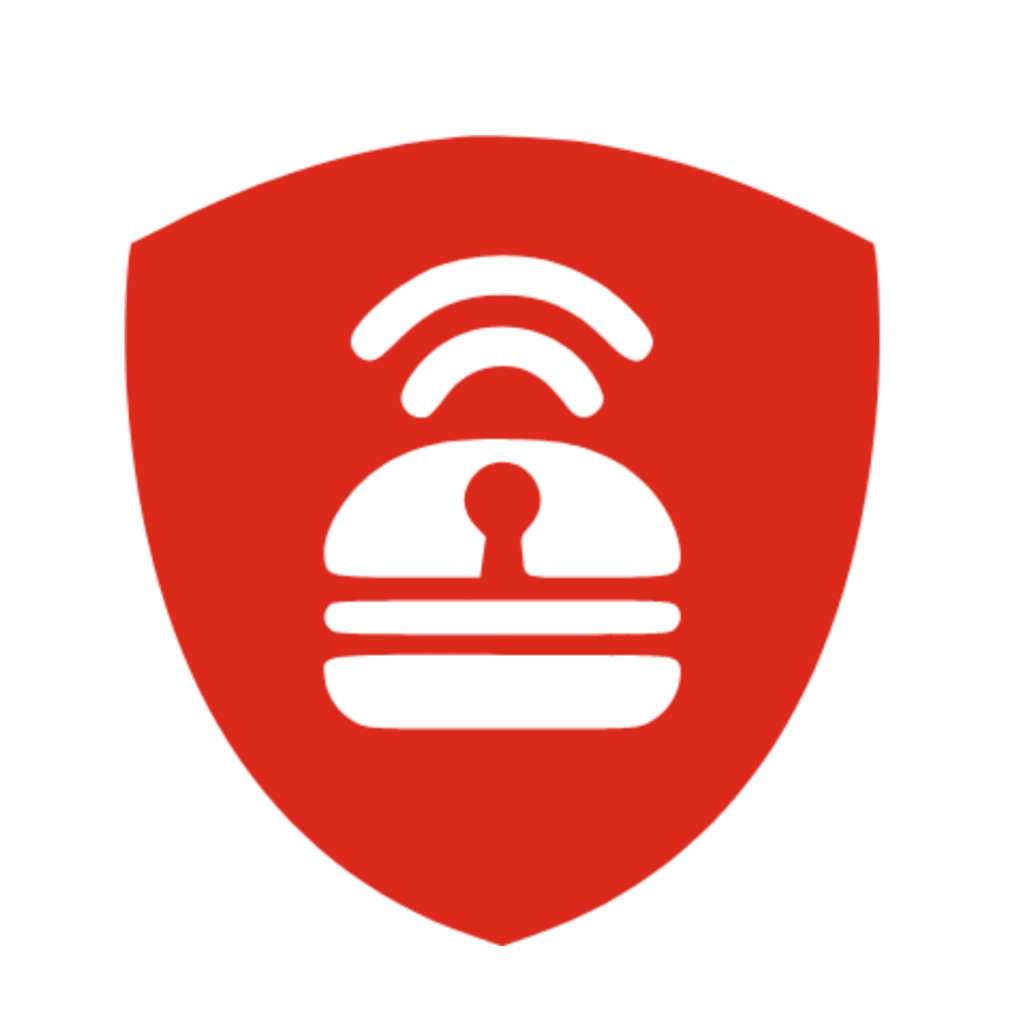Are you looking to get the most out of web scraping? Are you interested in using web sessions and proxies to their fullest advantage?
Look no further!
This guide will give you a better understanding of how to use web sessions & proxies and maximize their potential.
Get ready to delve into the world of web scraping and make sure you’re getting the most out of it!
What are web sessions?
Web sessions are a user’s interactions with a website that happen during a single visit and are related. The interactions are tracked using a unique session ID typically stored in a cookie. Web sessions allow a site to remember user preferences and track the user’s progress through a series of pages.
How do web sessions work?
Web sessions store data associated with a particular user browsing a website. When a user visits a website, the web server creates a unique session ID stored in a cookie on the user’s computer.
When the user visits more web pages, the web server can use the session ID saved in the cookie to get information from a database about that user.
This information could include the user’s preferences, login information, and other information about what the user does.
Web sessions are a useful way for websites to store and retrieve data about their users without requiring them to log in each time they visit.
What are the uses of web sessions?
Authentication and authorization: Web sessions often verify a user’s identity and permit them to access restricted content on a website or app.
Shopping Carts: Web sessions store information about the items a user has placed in their shopping cart, allowing them to return to the site and resume shopping without losing their progress.
User Preferences and Settings: Web sessions can store user preferences, such as preferred language or theme, and application settings, such as the size of text or the functionality enabled on a given page.
User profiles: Web sessions store information about a user’s profile and account, such as name, contact information, billing details, and other account-specific data.
Tracking User Activity: Web sessions can track a user’s activity on a website or application, including page visits, time spent on each page, and clicks on specific elements.
How do cookies compare to sessions?
Cookies are small pieces of data stored in the user’s browser to remember information about the user. They are most commonly used to track user preferences, store login credentials, and remember items in a shopping cart.
Sessions, on the other hand, are server-side storage mechanisms used to store data related to a user’s session. They are used to track user progress through a website and to maintain stateful information.
Sessions are more secure than cookies because they are stored on the server and not in the user’s web browser. Additionally, sessions are able to store much larger amounts of data than cookies, making them more useful for complex applications.
What is web scraping?
Web scraping is the process of extracting data from websites. It involves using a program or script to download webpages, parse out data, and store it in a structured format, like a database or spreadsheet.
Businesses, researchers, and analysts use it to quickly get information from many different sources.
Some risks of web scraping include breaking copyright laws, invading people’s privacy, and getting malware from scraping malicious sites. Also, websites may stop web scrapers from working if they are not set up correctly and can find them.
How do sessions work in web scraping?
Sessions allow web scrapers to maintain a persistent connection to a website. They can store information related to a user’s browsing activity, such as form data and cookies, which can then be used to simulate a logged-in user. This is useful for bypassing login pages and avoiding detection by web servers.
Also, sessions can help you scrape faster by keeping you from having to send out requests more than once.
What are residential proxies?
Residential proxies use an IP address from an Internet service provider (ISP) to mask the user’s real IP address. These proxies are beneficial for a variety of reasons.
They are more reliable than other proxies, as they are less likely to be detected or blocked.
Additionally, they provide higher privacy and anonymity, as the user’s real IP address is hidden, and the proxy’s IP address is used instead.
Residential proxies are also great for scraping and collecting data because websites are less likely to notice them. Because they are less likely to draw attention from websites, residential proxies are also excellent for data collection and scraping.
Lastly, they can access websites only available in certain areas. This lets users connect from different places.
How do proxies help manage sessions?
Proxy servers help keep track of sessions by letting multiple users access the same server or application while keeping track of those sessions. This means that one user’s session will not interfere with another user’s session.
This can be especially helpful when more than one person uses a web application that needs authentication or when more than one person needs to use the same application with different access levels.
Proxy servers can also help manage sessions by giving multiple users a single access point and a safe way to send data.
How can proxies help with web scraping?
Proxy servers can help with web scraping by hiding the user’s IP address and letting them access websites that aren’t open to the public.
Proxy servers also let users send multiple requests at once and stop websites from blocking users.
Additionally, proxies can help reduce the bandwidth used for the web scraping process.

IPBurger Residential Proxies
IPBurger proxies are made to give the user the most privacy and anonymity possible. The proxies are tailored to work with web scraping and managing sessions.
The features of IPBurger proxies that make them ideal for web scraping and managing sessions include the following:
High Speed: IPBurger proxies are designed to provide the highest speed possible. This ensures that the user can access and scrape data quickly and efficiently.
Dedicated IPs: IPBurger proxies offer dedicated IPs for each session. This ensures that the user’s IP address is not shared with other users, providing the user with more privacy and anonymity.
High Security: IPBurger proxies are designed to provide the highest levels of security. They feature encryption and other security measures to protect the user’s data.
IP Rotation: IP rotation is a feature of IPBurger proxies that lets users change their IP address so that websites don’t block or find them.
Session Management: IPBurger proxies allow users to manage their sessions easily. This means you can create and modify sessions useful for web scraping and data extraction.
IPBurger proxies are an excellent choice for web scraping and managing sessions. They provide the user with the highest levels of privacy and security, fast speeds, and IP rotation.
Conclusion
Web sessions, web scraping, and residential proxies are all useful tools for browsing the web and getting information from it. Web sessions allow users to access websites anonymously and securely, while web scraping is a method used to collect large amounts of data from websites. Residential proxies are IP addresses used to mask your IP address and help you access websites without being blocked.
Web sessions and residential proxies have benefits like better security, anonymity, and access to blocked websites. With web sessions, users can access websites without leaving any trace of their identity or location. Residential proxies also give you privacy and security, letting you visit websites even if they are blocked.
Overall, web sessions, web scraping, and residential proxies are useful ways to look around the web and get information. They let people access websites safely and anonymously, and they collect a lot of information. It is important to consider the benefits and drawbacks of each tool before deciding which one to use.



